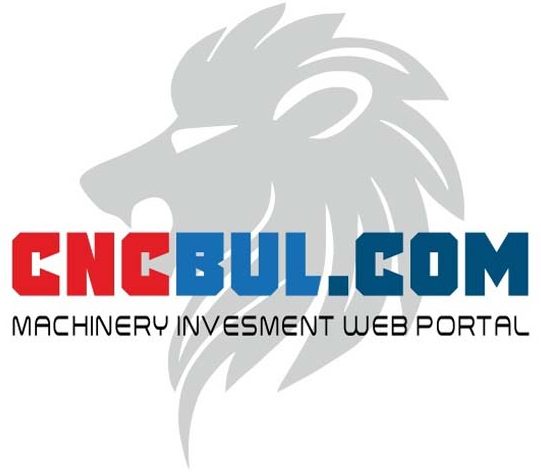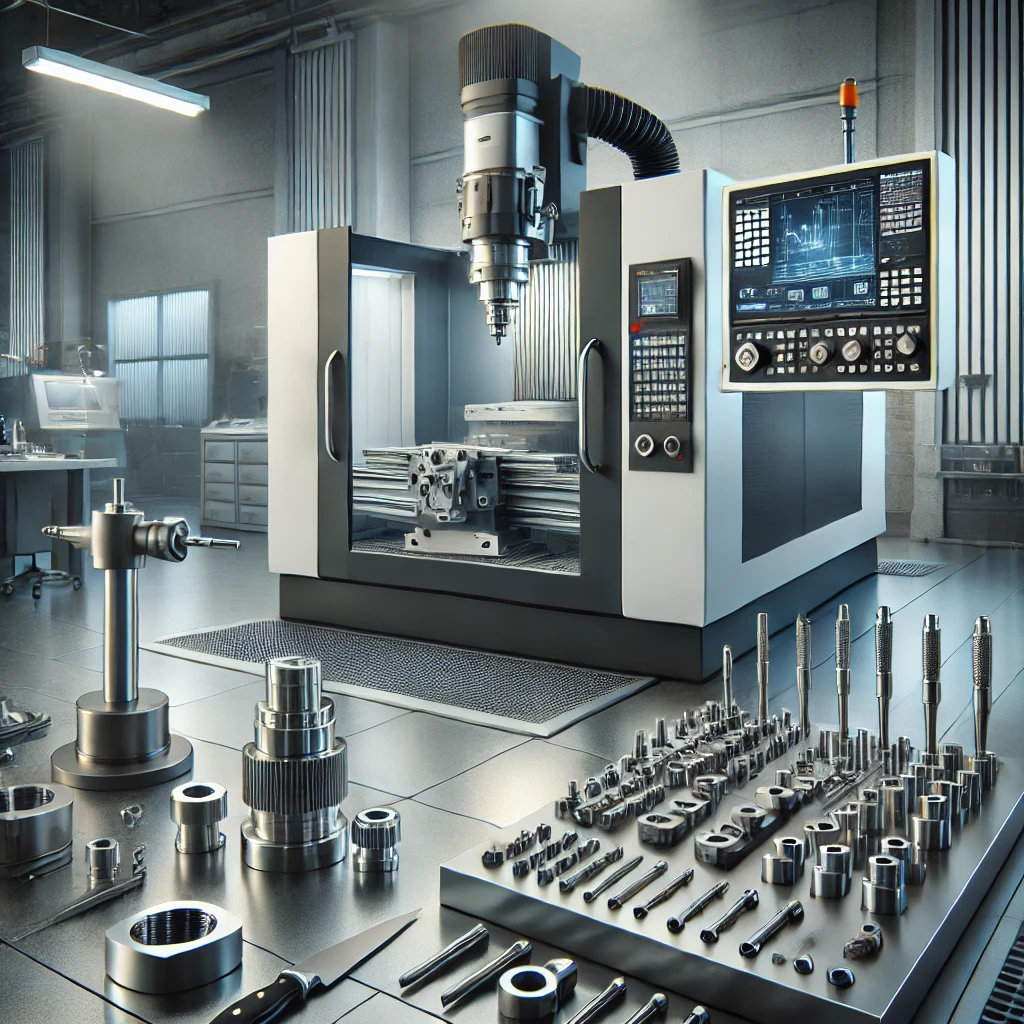The Evolution and Future of CNC Machine Tools and Equipment
CNC (Computer Numerical Control) machine tools have revolutionized the manufacturing industry, bringing unparalleled precision, efficiency, and versatility to machining processes. From the early days of numerical control to today’s advanced CNC systems, the technology has continually evolved, driving advancements in various sectors, including aerospace, automotive, medical, and electronics. This article explores the evolution, current trends, and future prospects of CNC machine tools and equipment.
The Evolution of CNC Machine Tools
The journey of CNC machine tools began in the 1940s and 1950s with the advent of numerical control (NC). These early machines relied on punched tape to control machine movements, a significant leap from manual operations. The introduction of computer technology in the 1970s led to the development of CNC systems, which replaced punched tape with computer programs, vastly improving accuracy and flexibility.
Over the decades, CNC technology has advanced to include sophisticated software, high-speed spindles, multi-axis machining, and real-time monitoring systems. Modern CNC machine tools are capable of performing complex tasks such as CNC milling, CNC turning, CNC drilling, and CNC grinding with exceptional precision and speed.
Key Components and Types of CNC Machine Tools
CNC machine tools encompass a wide range of equipment, each designed for specific applications. Some of the key components and types include:
- CNC Machining Centers: These versatile machines perform various tasks such as milling, drilling, and tapping in a single setup, reducing production time and increasing efficiency.
- CNC Lathes: CNC lathe machines are used for turning operations, creating cylindrical parts with high precision.
- CNC Milling Machines: These machines use rotary cutters to remove material, creating intricate shapes and surfaces.
- CNC Grinding Machines: These are used for finishing operations, achieving high surface quality and dimensional accuracy.
- CNC Router Bits: Essential for cutting, shaping, and carving materials like wood, plastics, and metals.
- Tool Holders and Tooling Solutions: These include tool holders, tool presetting, and tool changers, which enhance the flexibility and efficiency of CNC machines.
The Role of CNC Machine Tools in Precision Machining
Precision machining is at the heart of modern manufacturing, and CNC machine tools are its backbone. High precision machining requires exact control over tool movements, spindle speed, and feed rate. CNC technology provides this control, enabling the production of parts with tight tolerances and complex geometries.
CNC machining services, including CNC turning, CNC milling, and CNC drilling, are essential for creating components used in critical applications such as medical devices, aerospace parts, and automotive components. The ability to achieve high precision and repeatability makes CNC machine tools indispensable in these industries.
CNC Machine Tools in the Machine Shop
In a modern machine shop, CNC machine tools play a vital role in optimizing production processes. Machine shops utilize CNC machining centers, lathes, milling machines, and other equipment to produce high-quality parts efficiently. The integration of CNC technology allows for automation, reducing the need for manual intervention and minimizing errors.
Machine shop services often include custom machining, where CNC machines are used to produce bespoke parts based on specific requirements. This capability is crucial for industries that demand unique and specialized components.
Advancements in CNC Machine Technology
The CNC machine tools industry continues to innovate, with several key advancements shaping the future of manufacturing:
- High-Speed Machining: Advances in spindle technology and tool materials enable higher cutting speeds, reducing cycle times and increasing productivity.
- 5-Axis Machining: 5-axis CNC machines allow for more complex geometries and intricate parts, reducing the need for multiple setups.
- Automation and Robotics: The integration of robotics with CNC machines enhances automation, enabling lights-out manufacturing and increasing efficiency.
- Smart Manufacturing: The use of IoT (Internet of Things) and real-time monitoring systems in CNC machines facilitates predictive maintenance, reducing downtime and improving overall equipment effectiveness (OEE).
- Advanced Materials: The development of new cutting tools and materials, such as carbide, ceramic, and diamond, improves tool life and machining performance.
CNC Machine Tools in Different Industries
The versatility of CNC machine tools makes them applicable in various industries:
- Aerospace: CNC machines produce critical components such as turbine blades, engine parts, and structural elements with high precision.
- Automotive: From engine blocks to transmission parts, CNC machines are essential for manufacturing automotive components.
- Medical: CNC machining is used to create intricate medical devices and implants, ensuring high precision and biocompatibility.
- Electronics: The production of electronic components and housings requires the precision and efficiency of CNC machining.
Choosing the Right CNC Machine Supplier
Selecting the right CNC machine supplier is crucial for ensuring quality and reliability. Factors to consider include:
- Reputation and Experience: Established suppliers with a proven track record provide reliable equipment and support.
- Technical Support and Training: Adequate support and training are essential for maximizing the capabilities of CNC machines.
- Customization Options: The ability to customize machines to meet specific needs enhances operational efficiency.
- After-Sales Service: Reliable after-sales service ensures minimal downtime and continuous productivity.
Conclusion
CNC machine tools have transformed the manufacturing landscape, offering unmatched precision, efficiency, and versatility. As technology continues to evolve, the future of CNC machining looks promising, with advancements in automation, smart manufacturing, and high-speed machining driving the industry forward. For businesses seeking to stay competitive, investing in state-of-the-art CNC machine tools and partnering with reputable suppliers is essential.
Whether you are involved in high precision machining, custom machining, or large-scale manufacturing, CNC machine tools and equipment are the cornerstone of modern industry, enabling the production of high-quality parts and components with exceptional accuracy and efficiency. As we look to the future, the continuous evolution of CNC technology will undoubtedly open new possibilities and drive further innovation in the manufacturing sector.


